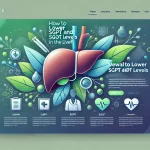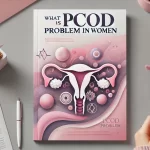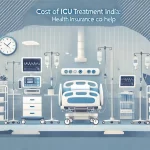Health insurance is a crucial financial tool that protects individuals from unexpected medical expenses. However, one of the most common questions people ask is: “At what age should I opt for health insurance?” The answer to this question depends on various factors such as financial stability, health condition, and family planning. In this blog, we will explore the ideal age to get health insurance in India, why early coverage is beneficial, and how the insurance market is evolving.
1. The Importance of Early Health Insurance Coverage
Many people tend to delay purchasing health insurance, assuming that they are healthy and don’t need it until later in life. However, this approach could be risky. Buying health insurance at an early age comes with several advantages that can benefit you in the long run.
Key Benefits of Buying Health Insurance Early
- Lower Premiums: When you buy health insurance at a younger age, the premiums are significantly lower than if you buy it later in life. Insurance companies base their premiums on the policyholder’s age and health condition.
- Fewer Chances of Rejection: Younger individuals are less likely to have pre-existing medical conditions, which reduces the likelihood of rejection or exclusions in their health coverage.
- No-Claim Bonus (NCB): Health insurance policies reward policyholders with a no-claim bonus if they do not make any claims during a policy year. Starting early allows you to accumulate NCB, which increases your sum insured without a hike in premiums.
- Coverage for Lifestyle Diseases: Diseases like hypertension, diabetes, and heart conditions are increasingly affecting younger people in India due to lifestyle factors. Early health insurance ensures that you are covered against these diseases when they arise.
2. What Age is Ideal to Buy Health Insurance?
While there is no set age to buy health insurance, financial experts recommend purchasing it as early as possible—ideally in your 20s. Here’s a breakdown of why each age group should consider health insurance:
In Your 20s
People in their 20s are generally healthier, which makes this the perfect time to buy health insurance. At this age, premiums are lower, and individuals are less likely to have pre-existing conditions. By starting early, you lock in a lower premium for the rest of your policy term.
In Your 30s
In your 30s, responsibilities like marriage, starting a family, and planning for the future begin to take shape. This is the time when you may need more comprehensive coverage, including maternity benefits and family floater plans. Buying health insurance in your 30s ensures that you and your family are financially protected.
In Your 40s
Health issues often start to emerge in the 40s. If you haven’t already bought health insurance, this should be a priority. However, premiums will be higher, and pre-existing conditions may lead to exclusions or waiting periods. Getting a policy before this age is advisable to avoid such issues.
In Your 50s and Beyond
After 50, purchasing health insurance becomes more expensive, and the chances of facing exclusions for pre-existing conditions increase. While it’s still possible to get coverage, it’s best to have a policy in place long before this stage.
Historical Data: Average Health Insurance Premiums by Age
| Age Group | Average Annual Premium (₹) |
|---|---|
| 20-30 | 5,000-8,000 |
| 30-40 | 8,000-12,000 |
| 40-50 | 12,000-20,000 |
| 50+ | 20,000+ |
As seen from the data, purchasing health insurance early leads to significantly lower premiums over the long term.
3. The Growing Need for Health Insurance in India
India is witnessing a rapid rise in lifestyle-related diseases such as diabetes, hypertension, and cardiovascular diseases. These conditions are affecting younger populations due to changes in diet, increased stress, and sedentary lifestyles. As a result, more people in their 20s and 30s are opting for health insurance to cover medical expenses for chronic conditions.
Key Statistics: Prevalence of Lifestyle Diseases in India
| Year | Prevalence of Diabetes (per 100,000 population) | Prevalence of Hypertension (per 100,000 population) |
|---|---|---|
| 2000 | 3,500 | 2,000 |
| 2010 | 6,800 | 4,200 |
| 2020 | 10,500 | 7,800 |
This rising trend shows the importance of securing health insurance early to mitigate the financial impact of treating these conditions.
4. Why Waiting Can Be Costly
Delaying the purchase of health insurance can result in higher premiums, limited coverage, and exclusions for pre-existing conditions. Here are some risks of waiting too long to buy health insurance:
1. Higher Premiums
Insurance companies calculate premiums based on your age and health. As you age, the risk of developing health issues increases, which in turn increases the premium amount. The earlier you buy health insurance, the lower your premiums will be.
2. Exclusions for Pre-Existing Conditions
If you wait until you develop a medical condition before purchasing health insurance, that condition may be excluded from coverage. Many health insurance policies come with a waiting period of 2-4 years for pre-existing conditions. Buying a policy early reduces the risk of facing such exclusions.
3. Missed No-Claim Bonus
A no-claim bonus (NCB) is an incentive provided by health insurance companies to policyholders who do not file any claims during a policy year. This bonus increases the sum insured without increasing the premium. The earlier you start your health insurance policy, the more years you have to accumulate the NCB.
4. Financial Stress During Medical Emergencies
Medical emergencies can happen at any time, and without health insurance, you may face significant financial stress. By delaying the purchase of health insurance, you leave yourself vulnerable to unforeseen medical expenses.
5. Key Features to Look for in a Health Insurance Policy
Once you decide to buy health insurance, it’s important to choose a policy that offers comprehensive coverage and suits your specific needs. Here are some key features to consider:
1. Coverage for Pre- and Post-Hospitalization Expenses
Many health insurance policies cover expenses incurred before and after hospitalization. This includes diagnostic tests, follow-up consultations, and medications. Make sure your policy offers this feature for comprehensive protection.
2. Cashless Hospitalization
Cashless claims allow you to receive treatment without paying upfront. The insurance company settles the bill directly with the hospital. Opt for a policy that offers cashless hospitalization at a wide network of hospitals.
3. No-Claim Bonus
Look for policies that offer a no-claim bonus for claim-free years. This bonus increases your coverage amount without increasing your premium.
4. Critical Illness Coverage
Given the rising incidence of critical illnesses in India, consider opting for a health insurance policy that provides coverage for critical conditions like cancer, heart disease, and kidney failure.
5. Maternity Benefits
If you are planning to start a family, make sure your health insurance policy includes maternity benefits. These policies cover the costs of childbirth and prenatal and postnatal care.
6. Government Initiatives and Health Insurance in India
The Indian government has taken several steps to make health insurance accessible to all citizens, particularly those from lower-income groups. Ayushman Bharat, the world’s largest health insurance scheme, provides coverage to over 500 million Indians. While this scheme targets low-income families, middle-class and upper-middle-class individuals should consider purchasing private health insurance for comprehensive coverage.
Growth of Health Insurance Penetration in India
| Year | Health Insurance Penetration (%) |
|---|---|
| 2000 | 5% |
| 2010 | 15% |
| 2020 | 37% |
As the table shows, health insurance penetration in India has grown significantly over the past two decades. However, a large portion of the population still lacks adequate coverage, highlighting the importance of spreading awareness about health insurance benefits.
Conclusion
There is no perfect age to buy health insurance, but the earlier you opt for coverage, the better. Buying health insurance in your 20s or early 30s ensures that you pay lower premiums, receive comprehensive coverage, and avoid exclusions for pre-existing conditions. As healthcare costs continue to rise in India, having health insurance is not just a wise financial decision—it’s essential for protecting your future.
Whether you are in your 20s, 30s, or 40s, it’s never too late to secure your health and financial well-being. Evaluate your options, choose a policy that meets your needs, and enjoy the peace of mind that comes with being financially protected against medical emergencies.
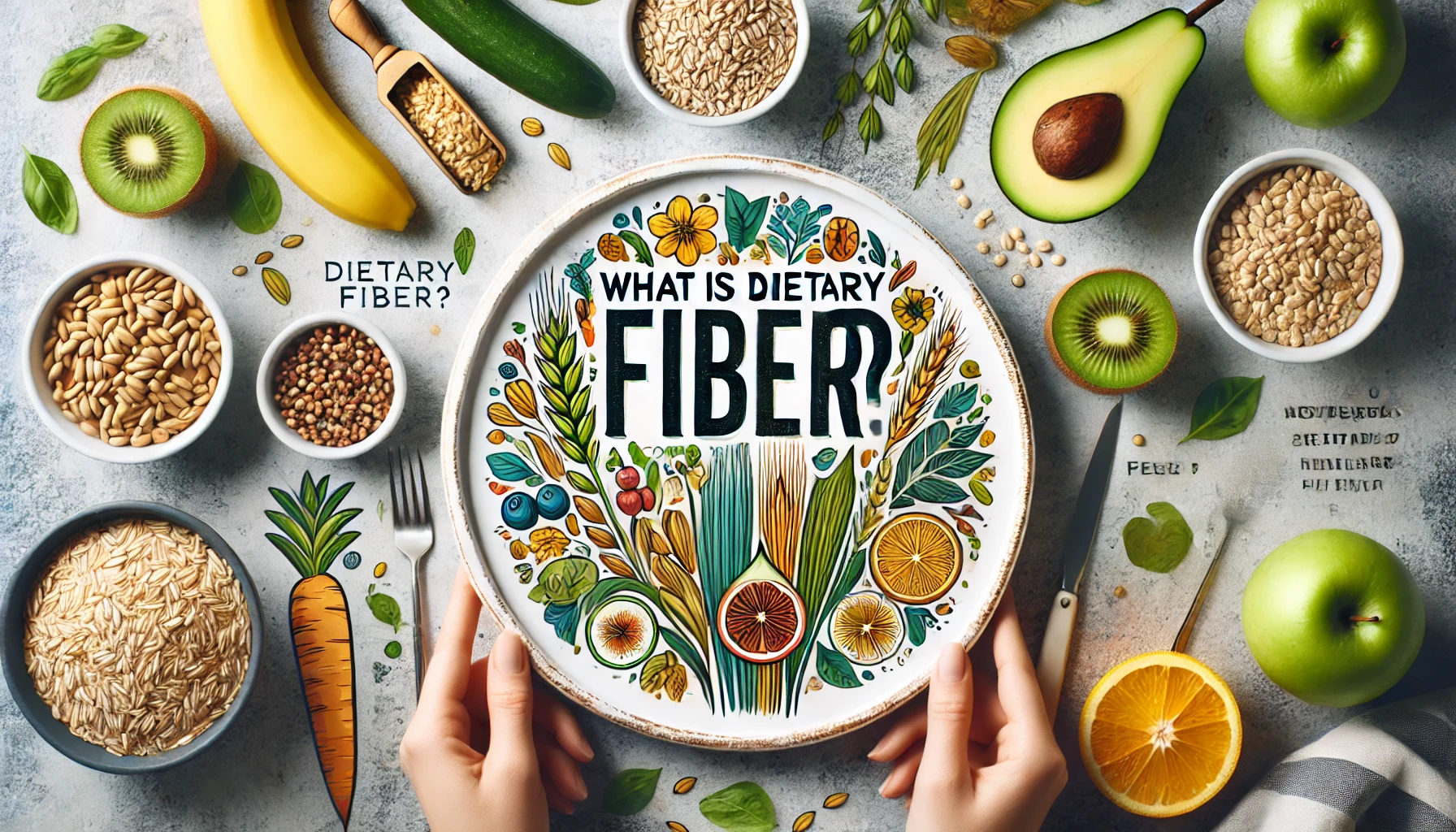
What Is Dietary Fiber?
Dietary fiber is a plant-based nutrient essential for digestive health. Unlike proteins, carbohydrates, and fats, …
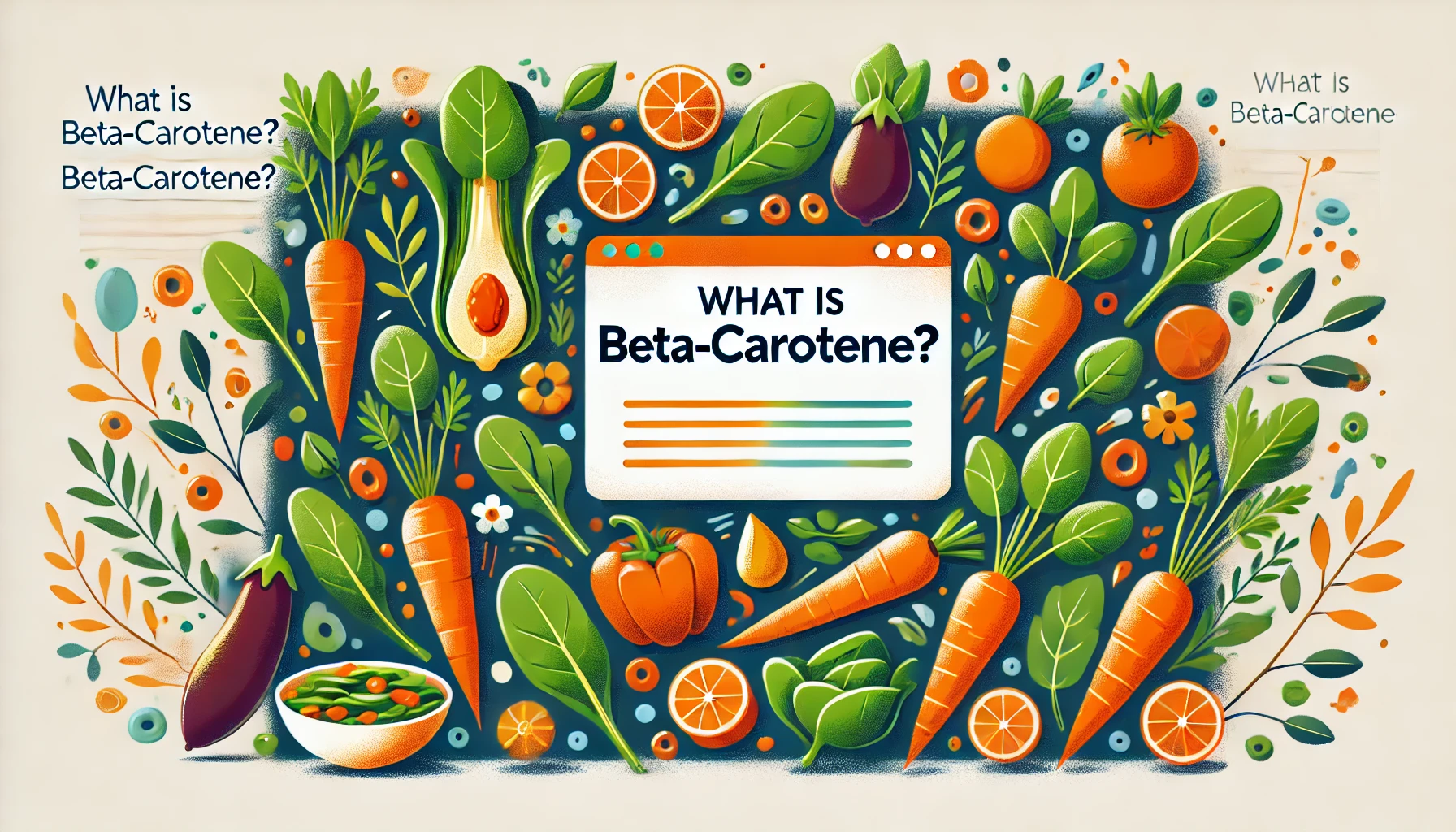
What is Beta Carotene?
Beta-carotene is a red-orange pigment found in plants and fruits, especially carrots and colorful vegetables. …
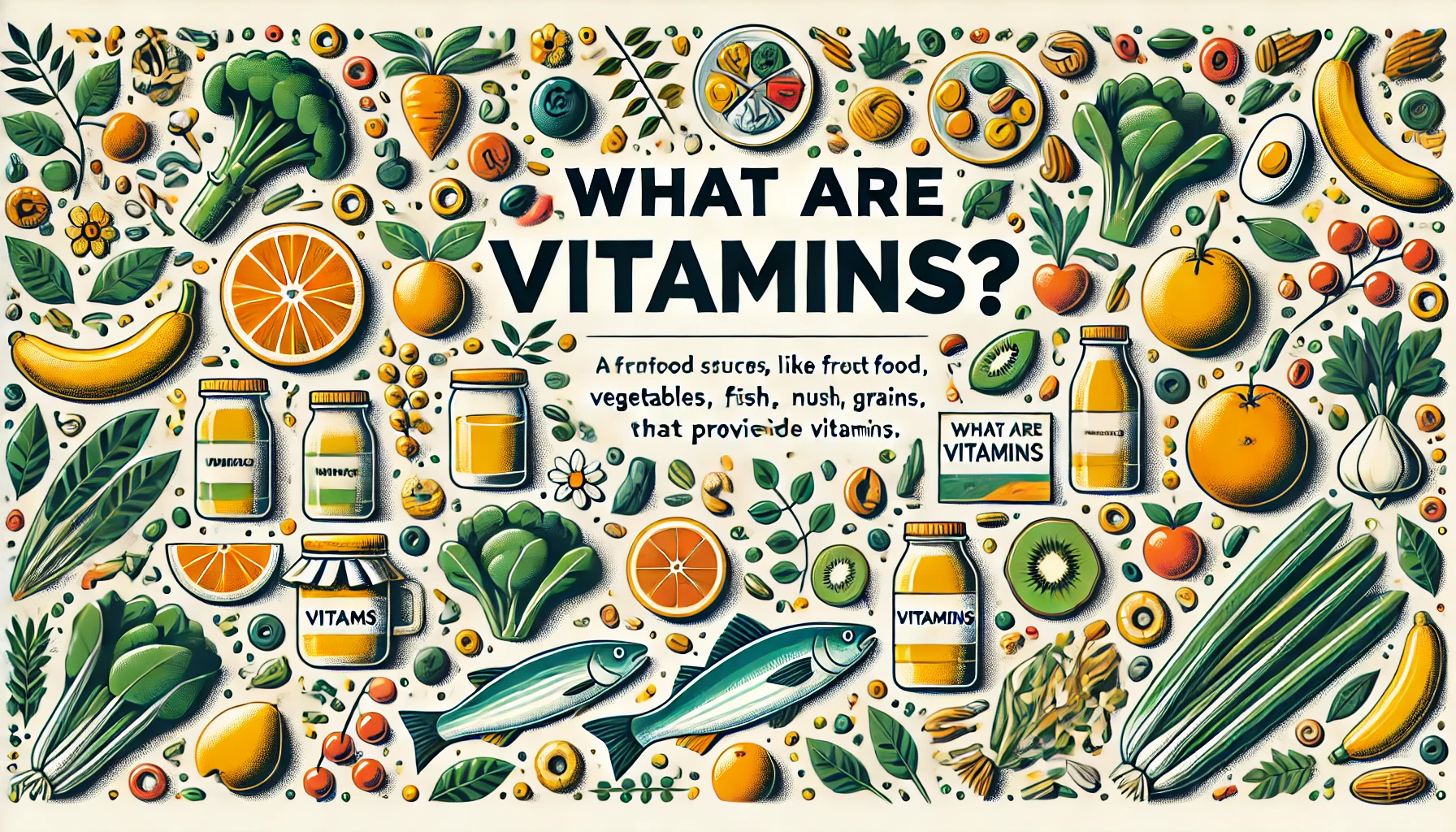
What are Vitamins?
Vitamins are organic compounds essential for the body to function properly. They are required in …

10 Reasons Why Sweet Potato is a Superfood
Sweet potatoes are not only delicious but also incredibly nutritious, earning their title as a …

उच्च रक्तचाप के मुख्य कारण और समाधान
उच्च रक्तचाप का इतिहास और इसकी समस्या उच्च रक्तचाप, यानी हाई ब्लड प्रेशर, एक गंभीर …
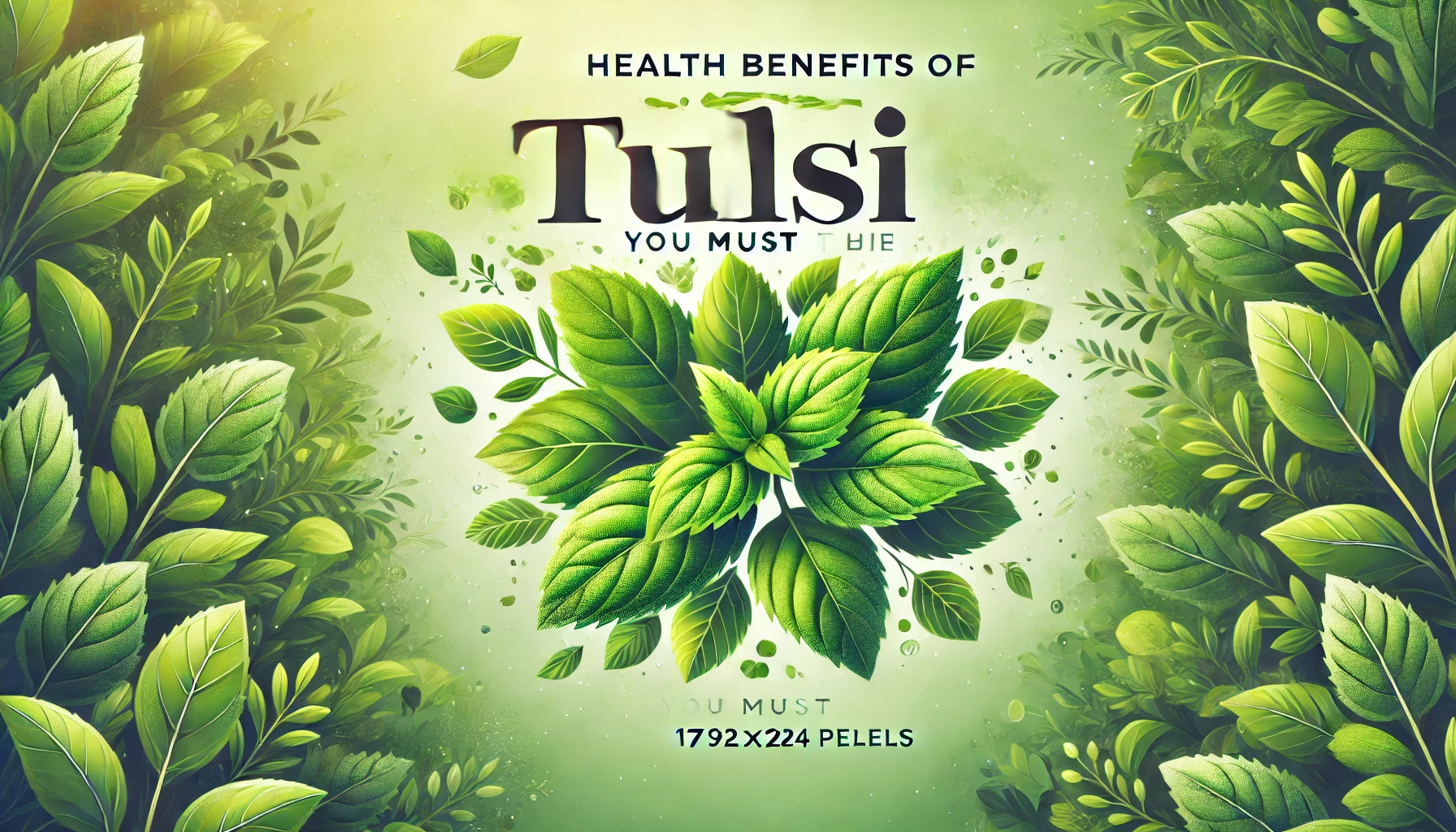
Health Benefits of Tulsi Leaves You Must Know
The History and Origin of Tulsi Tulsi, also known as Holy Basil, holds a sacred …
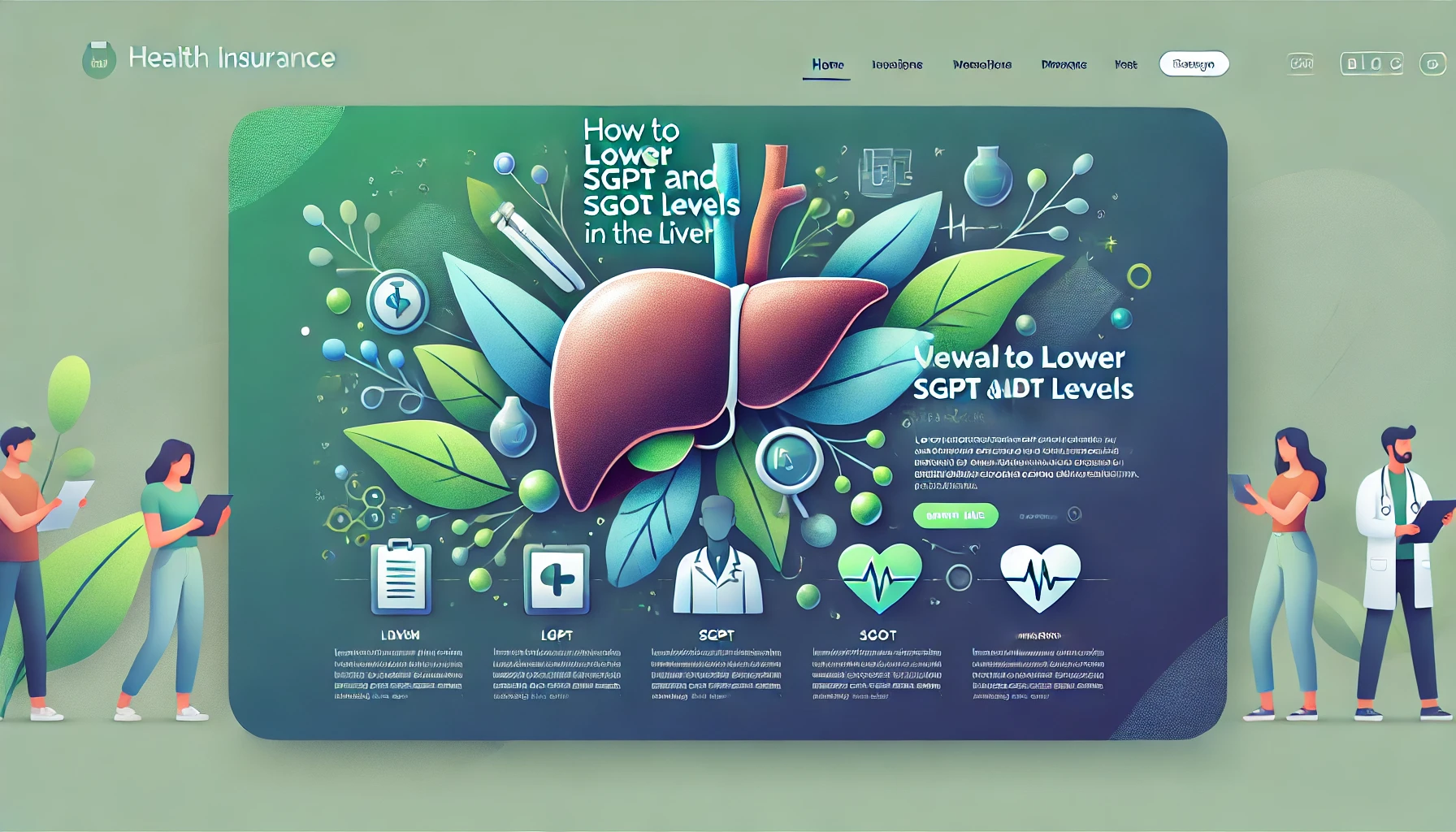
How to Lower SGPT and SGOT Levels in the Liver?
SGPT (Serum Glutamic Pyruvic Transaminase) and SGOT (Serum Glutamic Oxaloacetic Transaminase) are enzymes produced by …
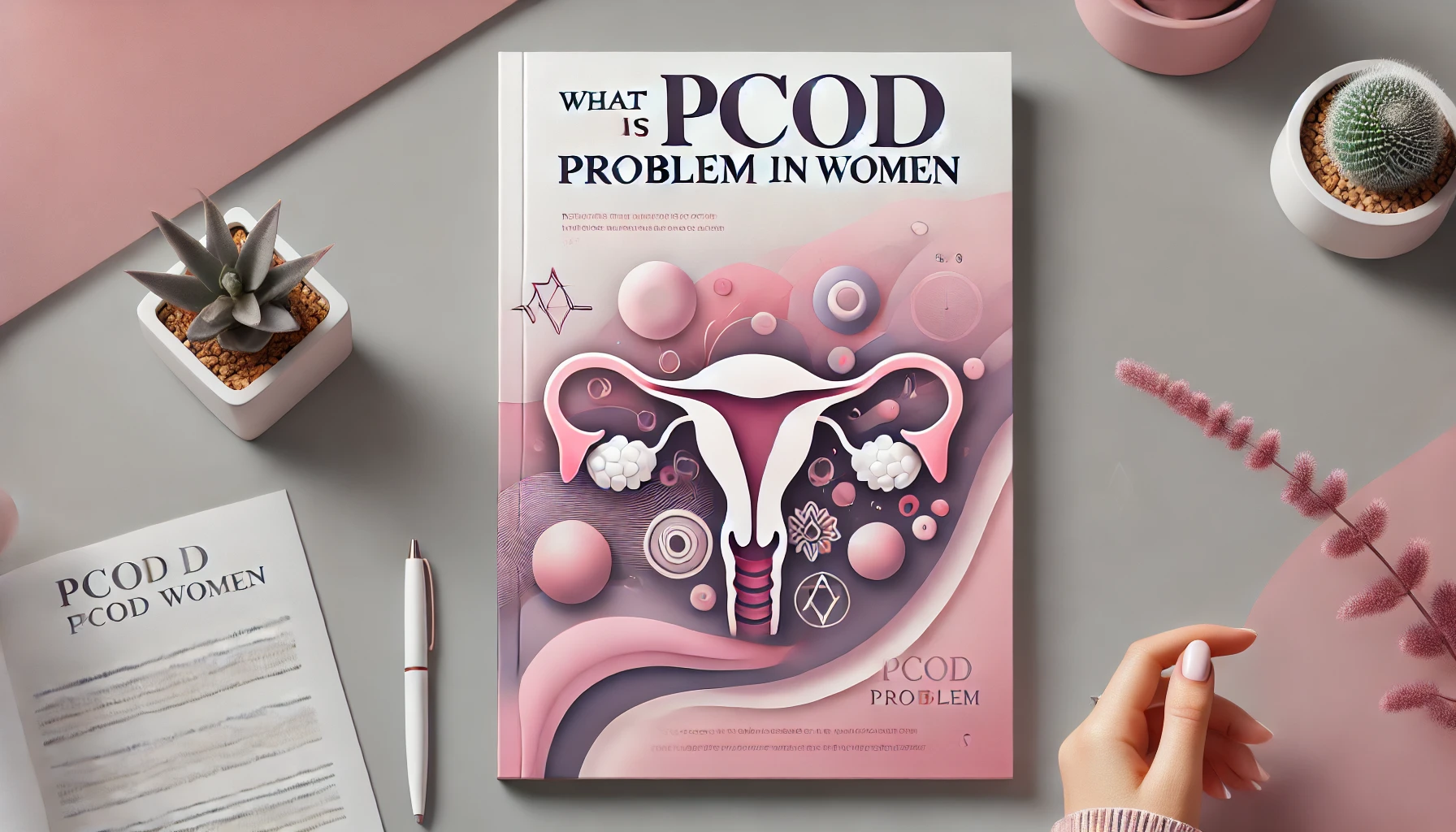
What is PCOD Problem in Women?
Polycystic Ovary Disorder (PCOD) is a hormonal condition affecting millions of women worldwide, primarily during …
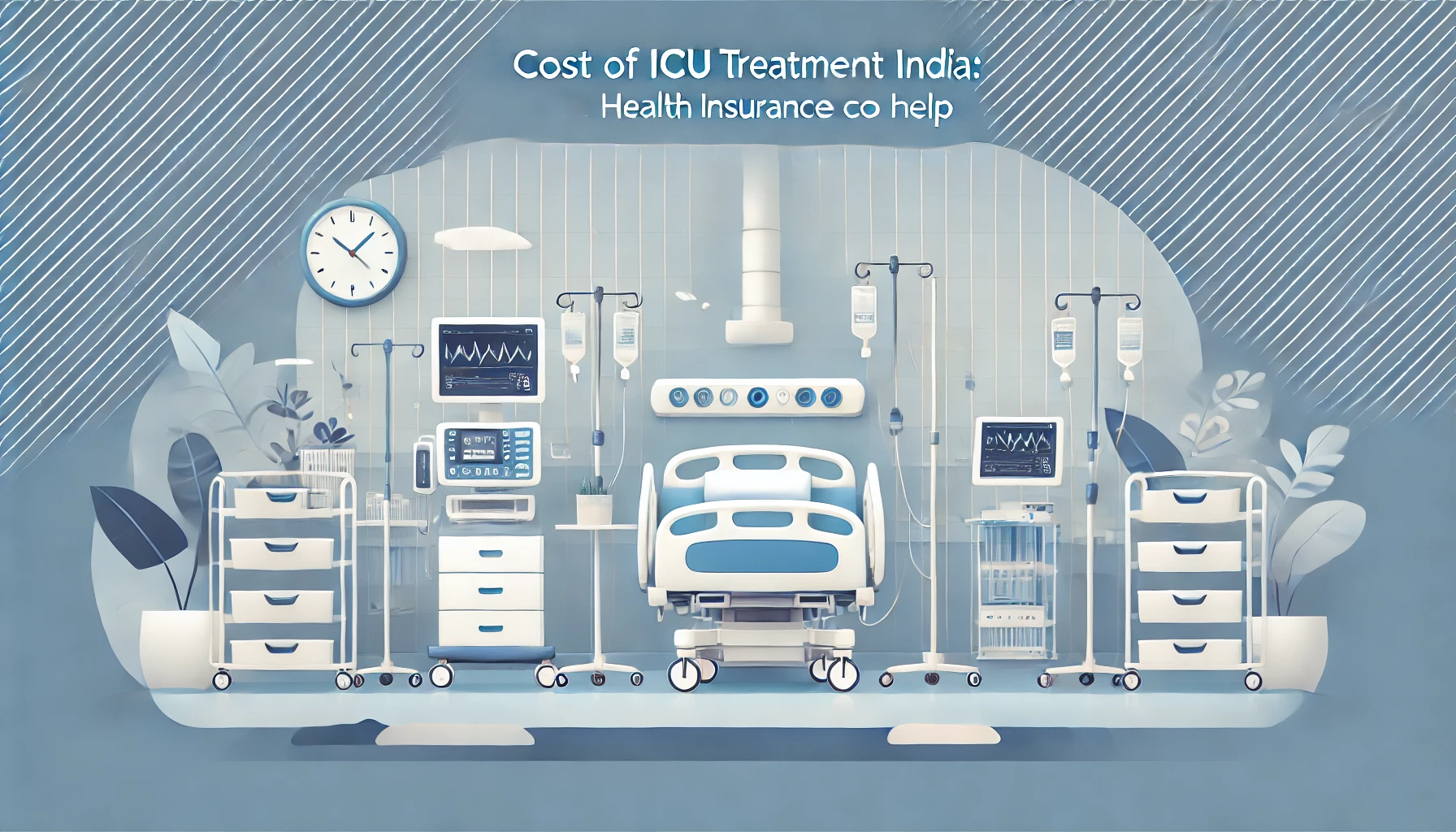
ICU Full Form Types and Equipments
The full form of ICU is Intensive Care Unit—a specialized section of hospitals dedicated to …
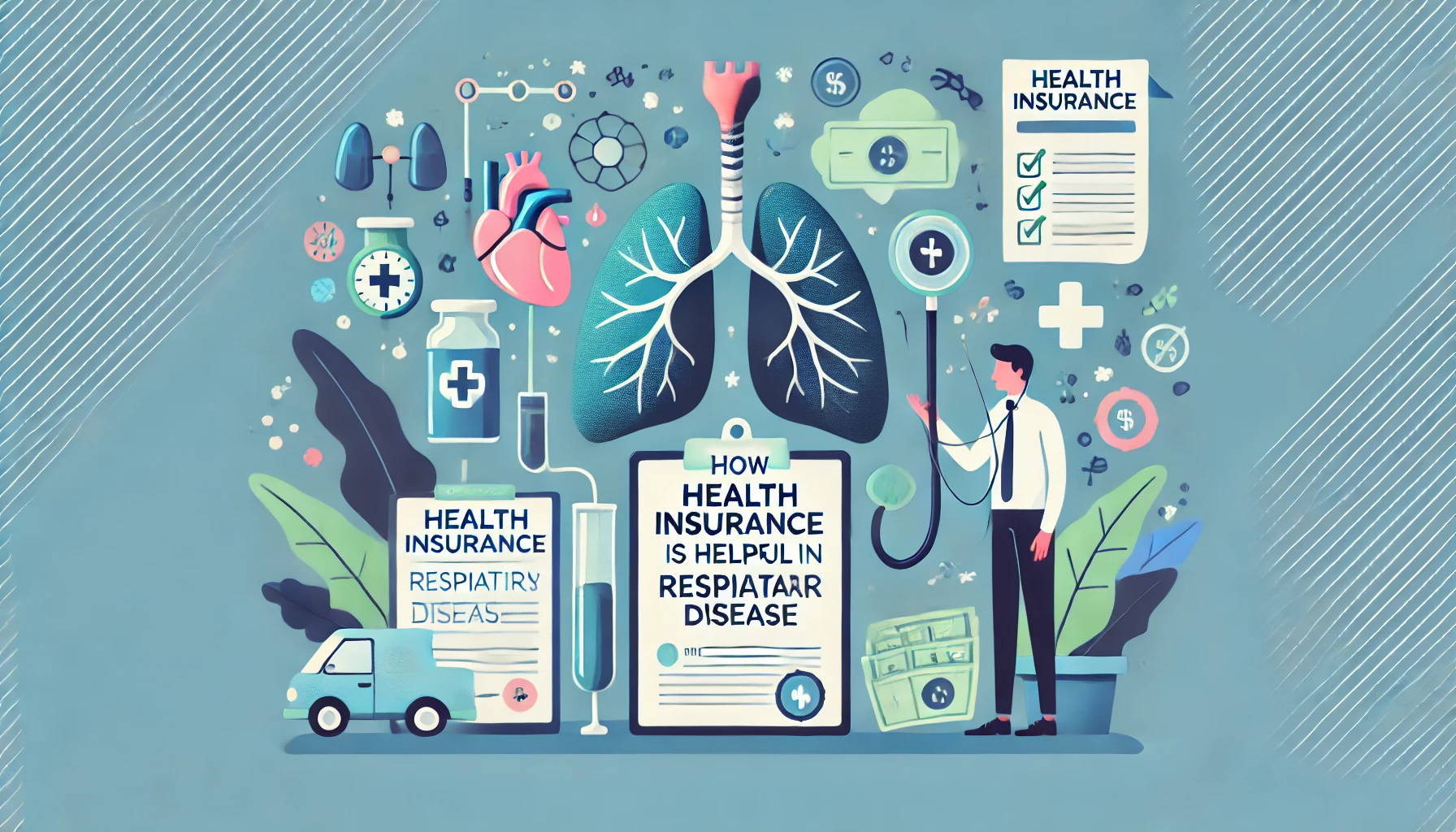
How Health Insurance Can Help in Managing Respiratory Diseases
Respiratory diseases, including asthma, chronic obstructive pulmonary disease (COPD), and respiratory infections, are prevalent in …
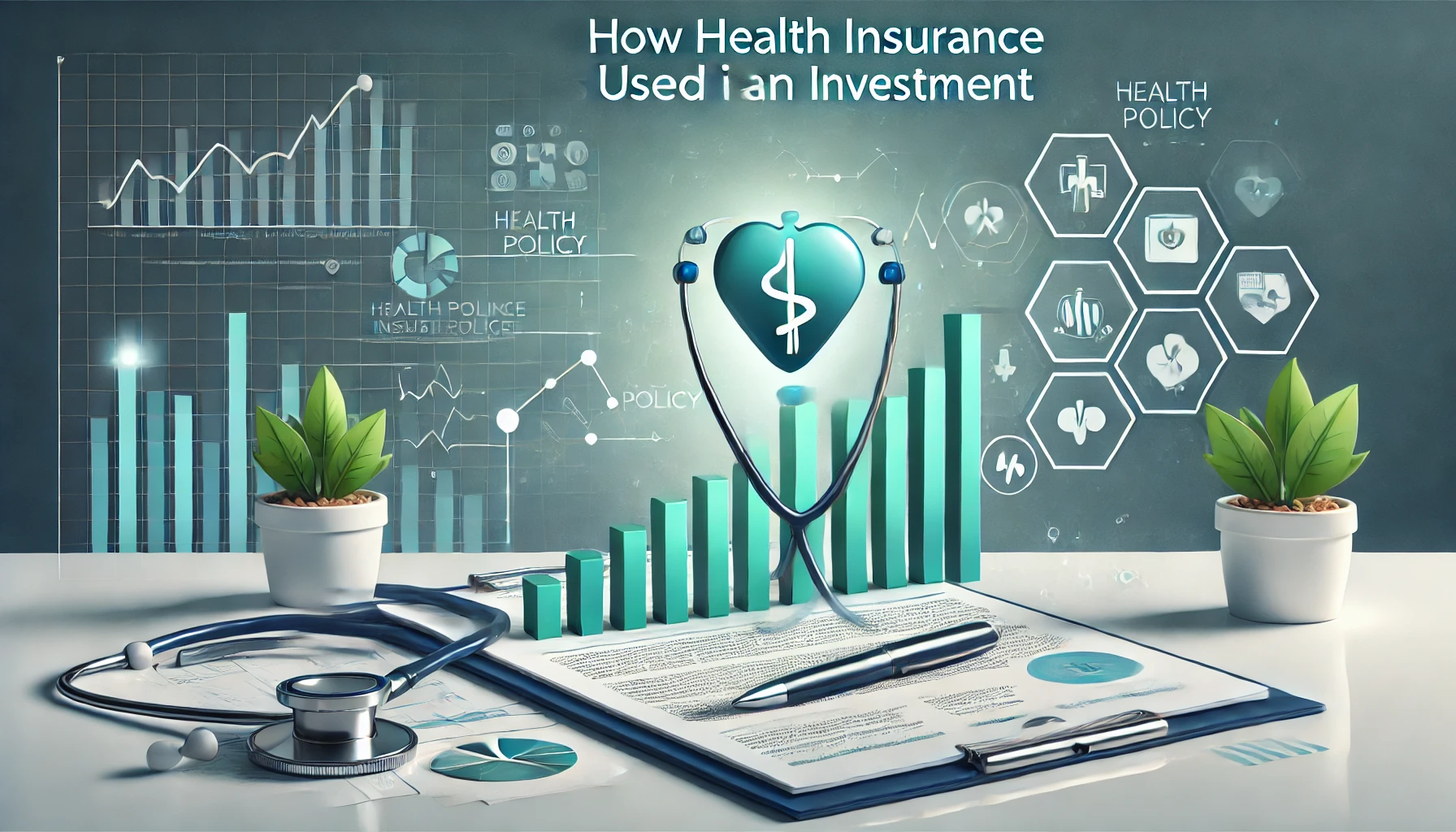
How Health Insurance Can Be Used as an Investment Tool
Health insurance is traditionally viewed as a means to protect oneself from the financial burden …
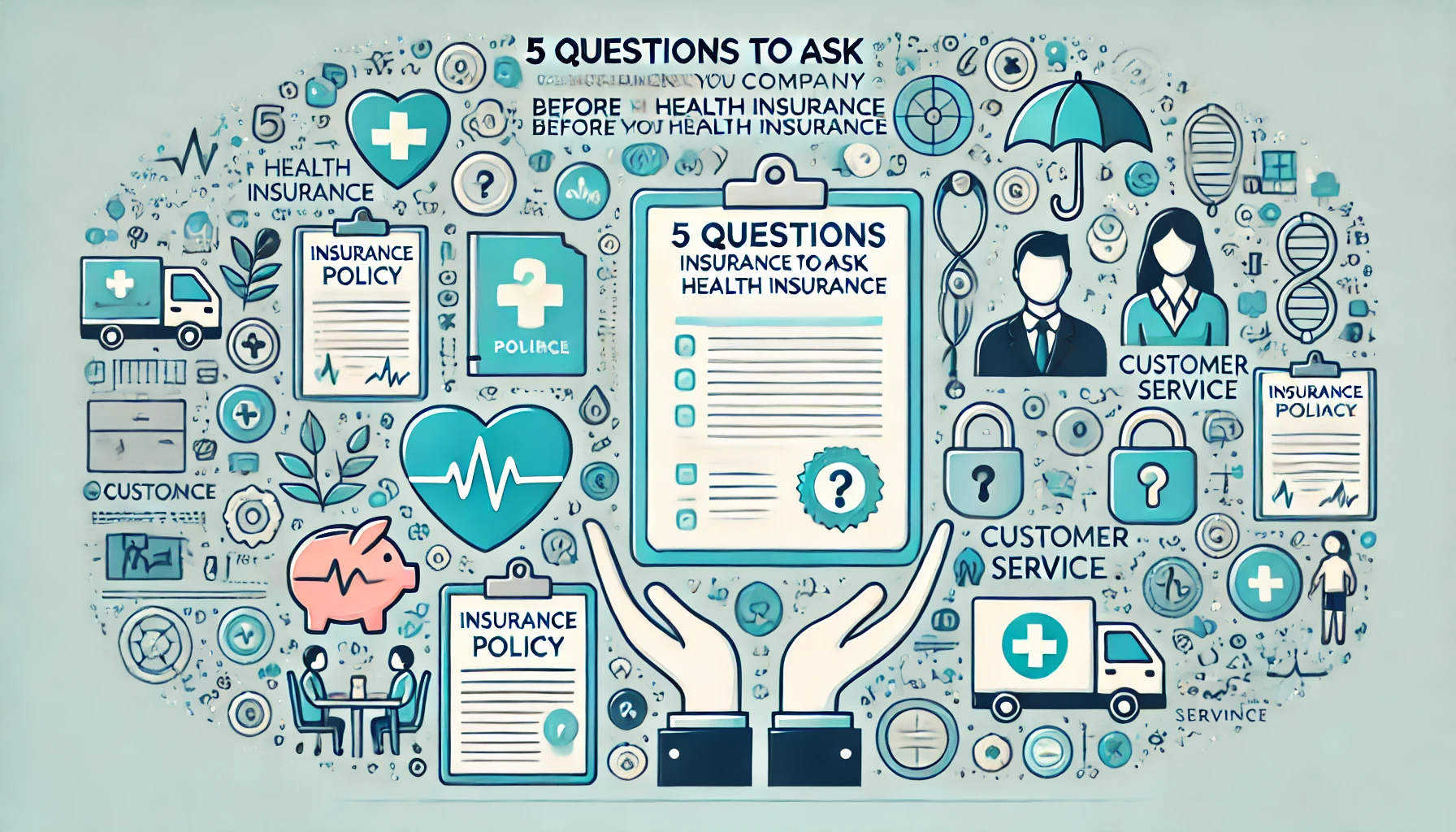
5 Essential Questions to Ask Before Buying Health Insurance
Health insurance is an essential tool for managing medical expenses and ensuring access to quality …
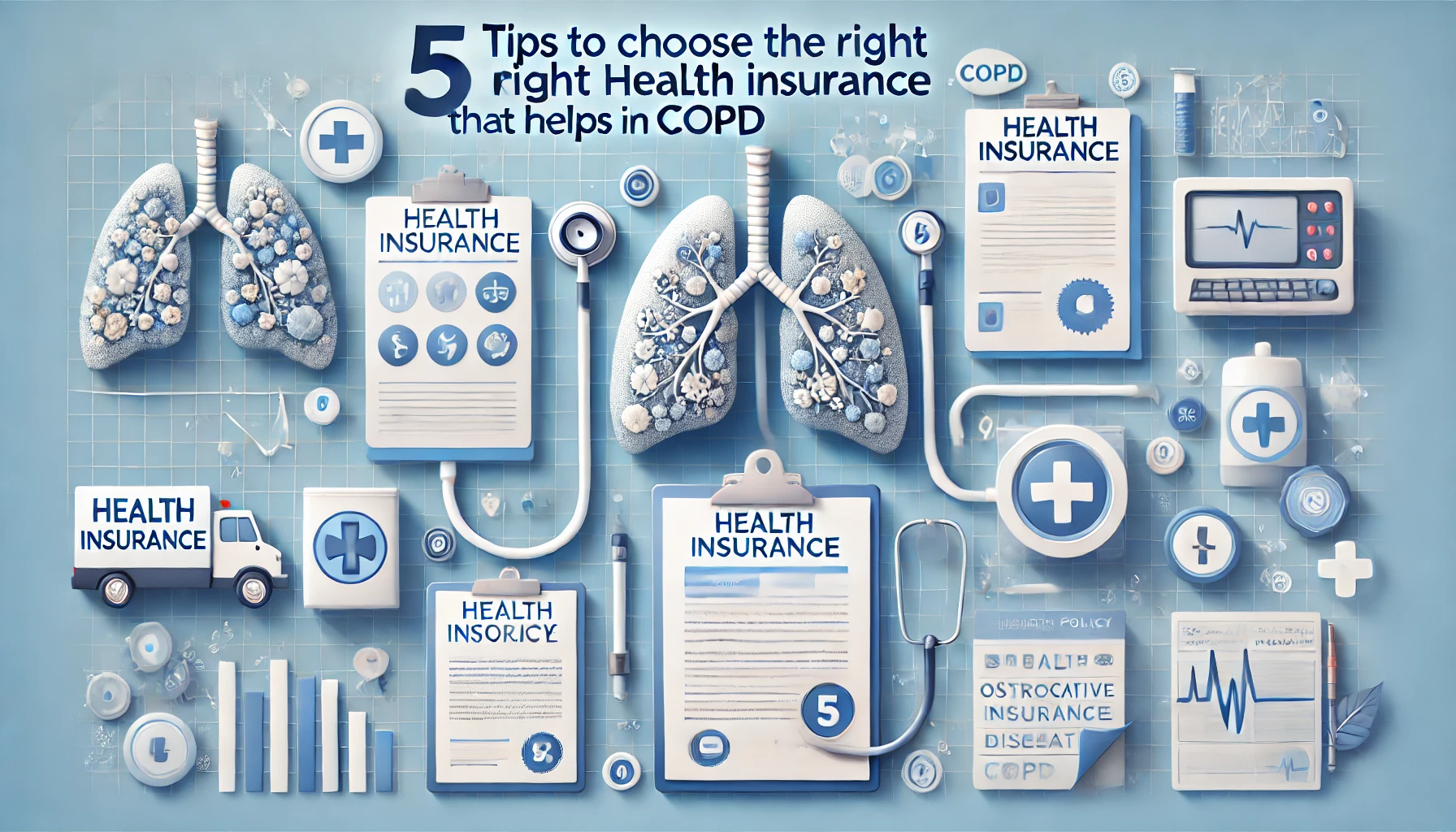
5 Tips to Choose the Right Health Insurance for COPD
Chronic Obstructive Pulmonary Disease (COPD) is a major health issue affecting millions in India. This …
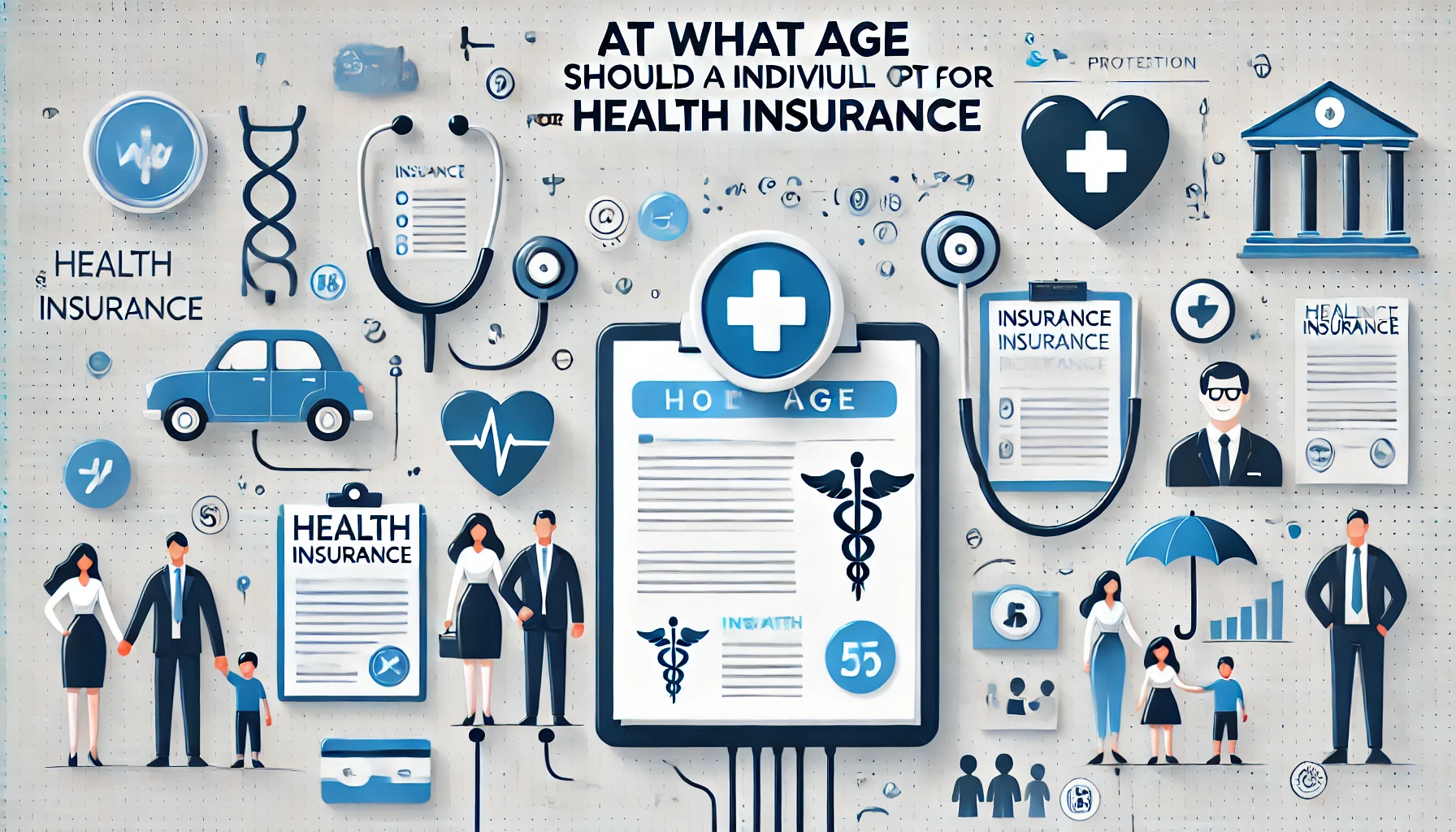
At What Age Should You Opt for Health Insurance
Health insurance is a crucial financial tool that protects individuals from unexpected medical expenses. However, …
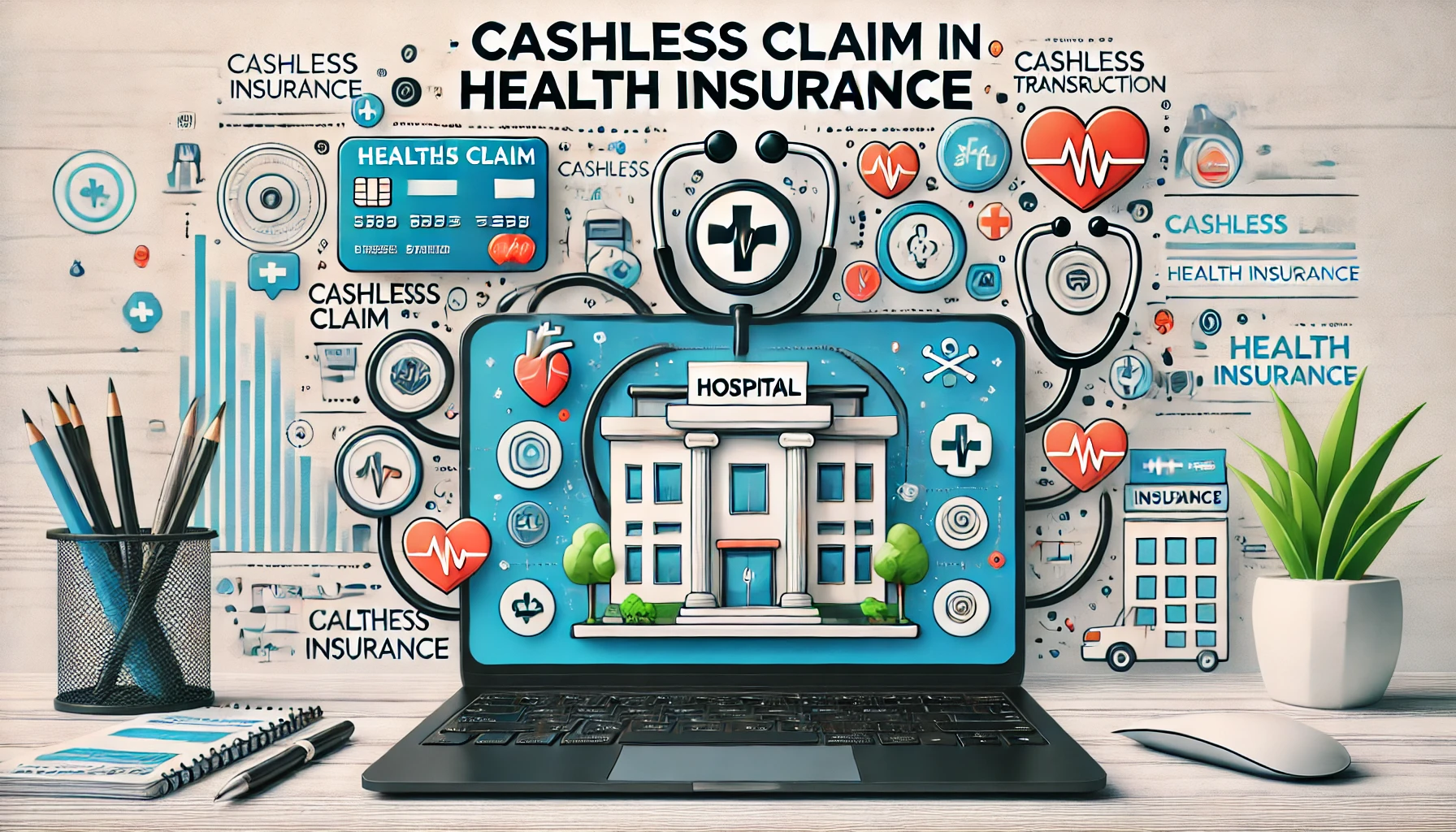
Cashless Claim in Health Insurance
Health insurance plays a critical role in ensuring financial protection against rising medical costs. One …
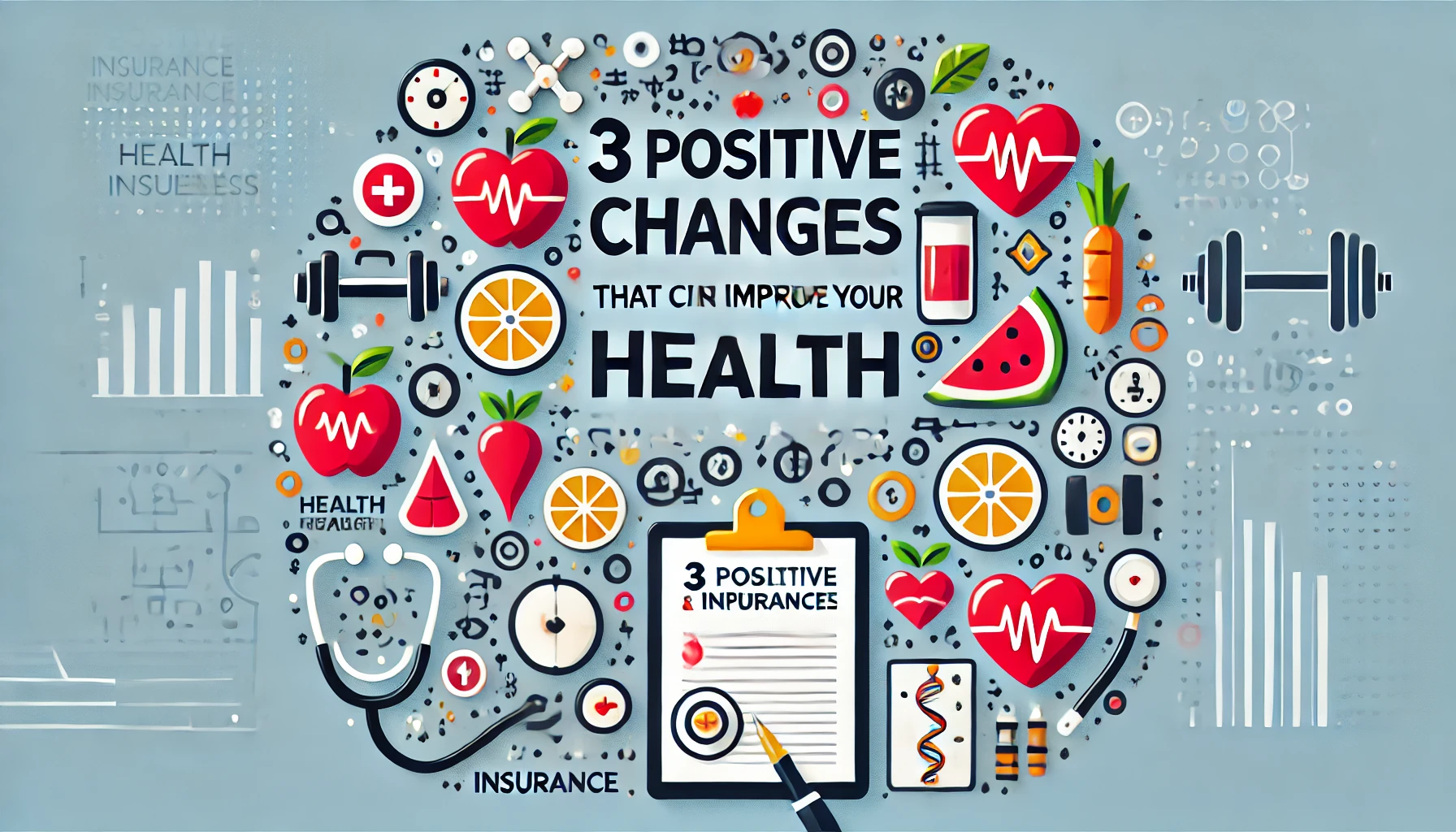
3 Positive Changes That Can Improve Your Health and Well-being in India
In today’s fast-paced world, maintaining good health is often a challenge. However, making a few …
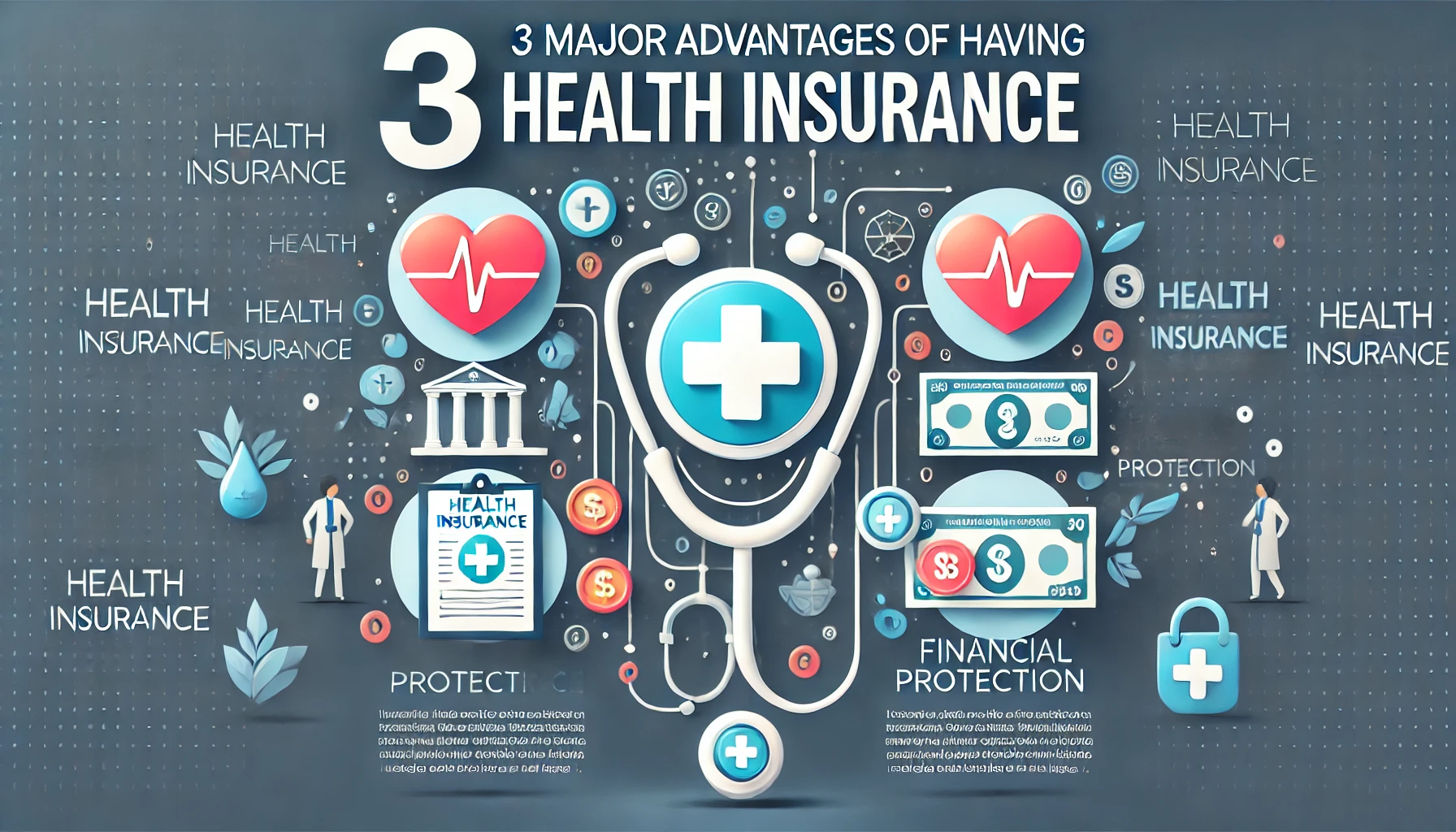
3 Major Advantages of Having Health Insurance in India
Health insurance is no longer an option but a necessity in today’s world, especially in …
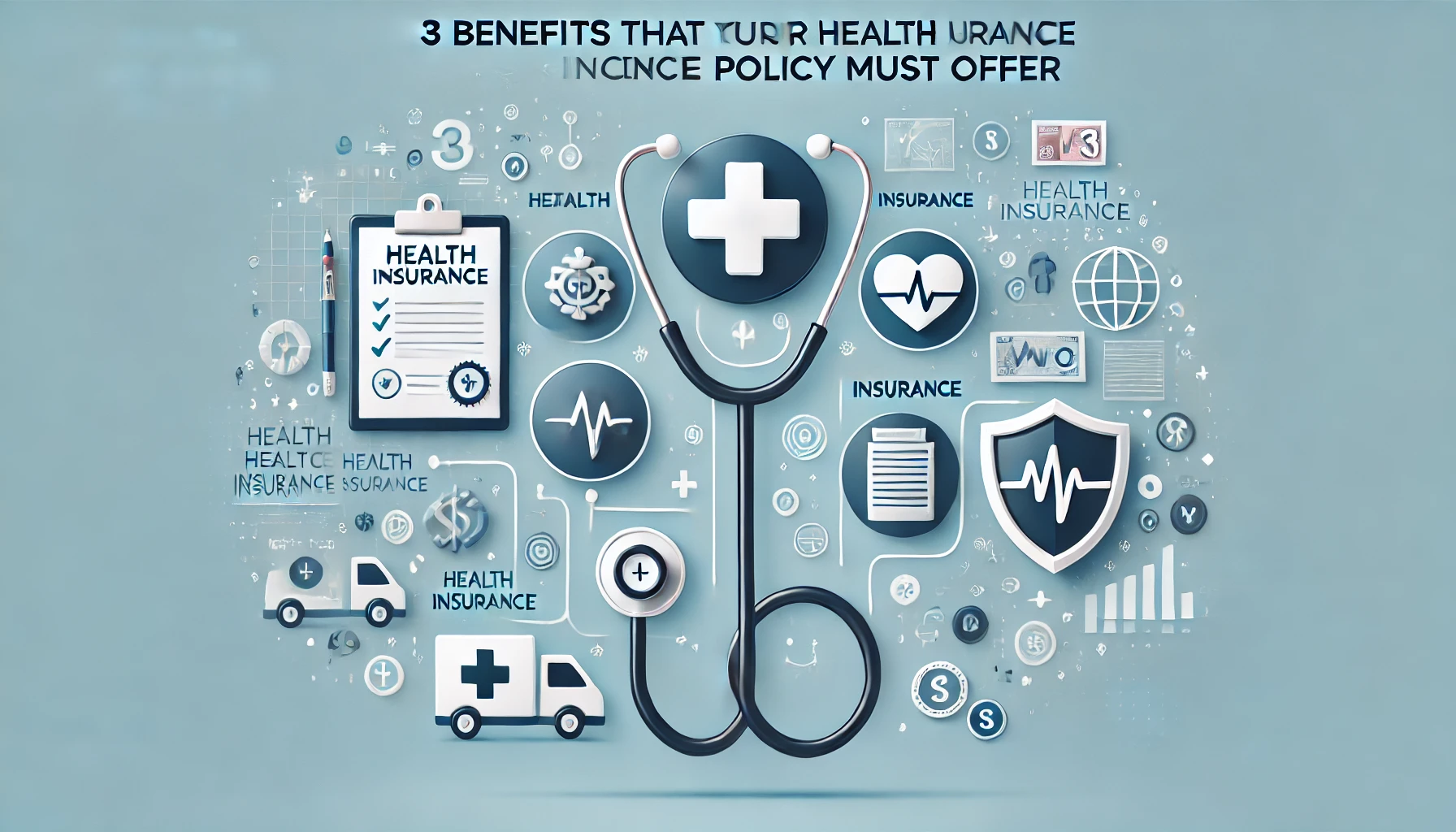
3 Must-Have Benefits in Your Health Insurance Policy for Maximum Coverage
Health insurance has become an essential part of financial planning in India, particularly with rising …

3 Benefits That Make Health Insurance Absolutely Necessary in India
Health insurance has become a critical part of financial planning in India. Rising medical expenses, …






